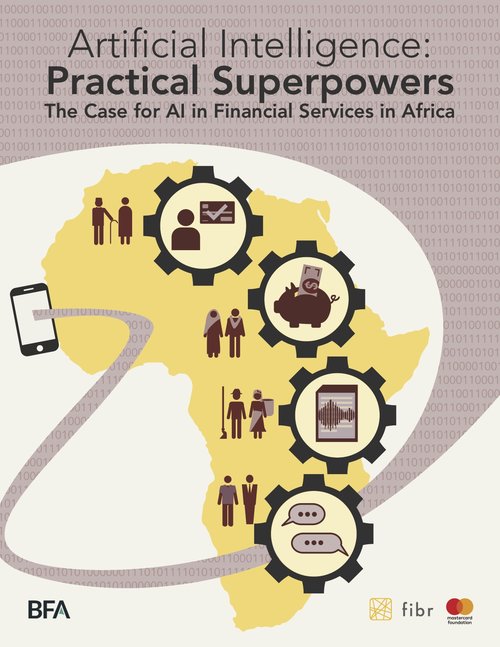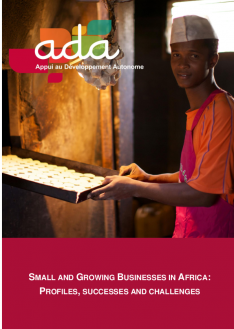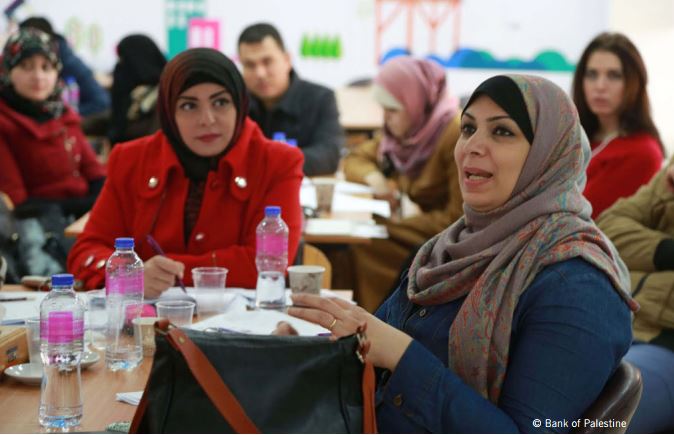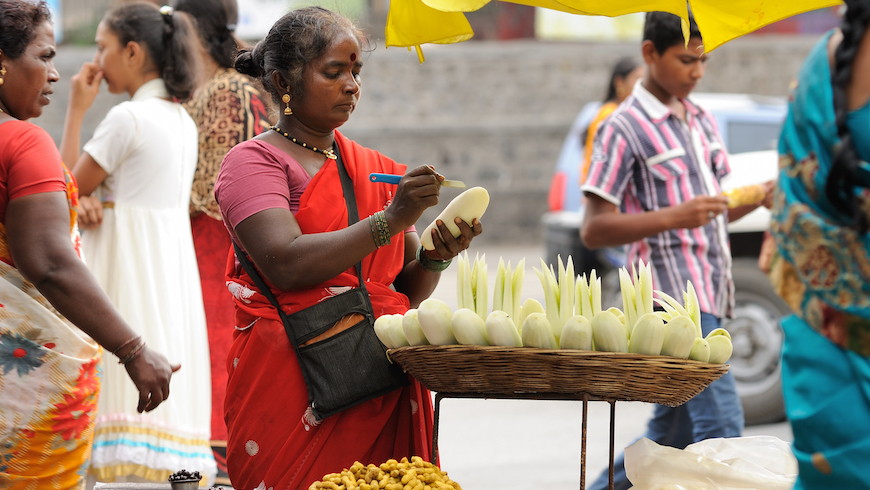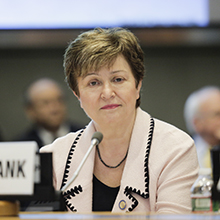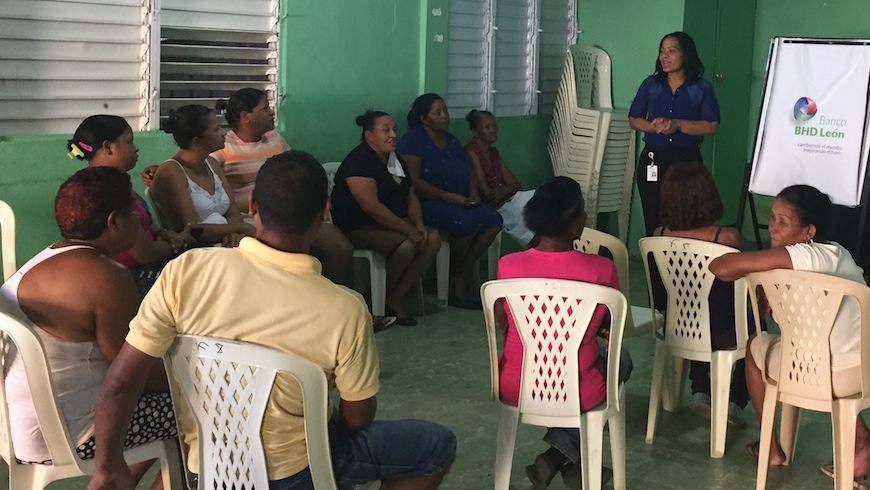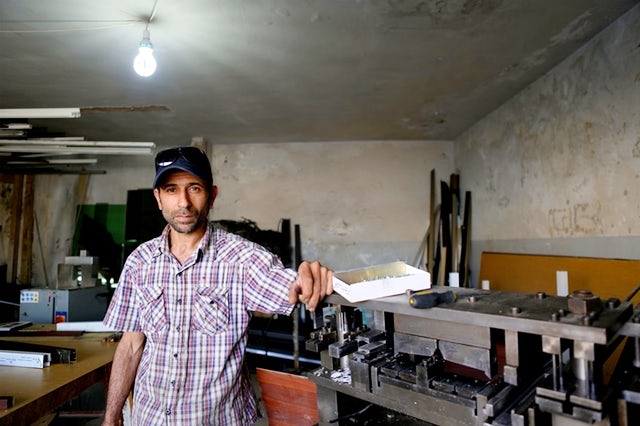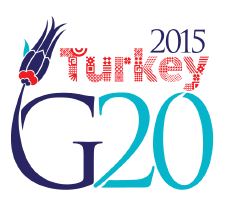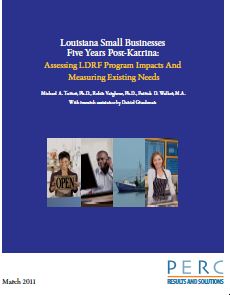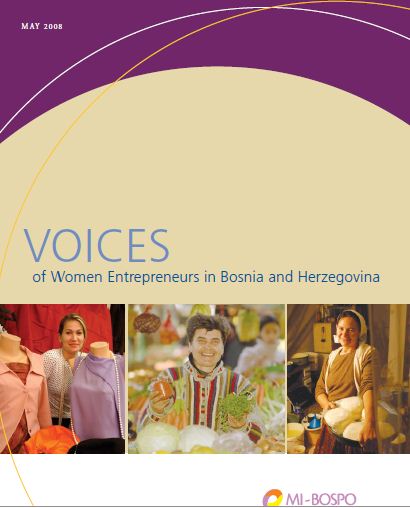In 2013, together with the European Commission, IFAD partnered with the United Nations Capital Development Fund, the Universal Postal Union, the World Savings and Retail Banking Institute, the World Bank and other key factors in order to address the full potential of postal networks in Africa in facilitating the transfer of remittances, reducing their cost, and increasing financial inclusion in rural areas.
Sub-Saharan Africa remains the most expensive region in the world to send money home. In 2017, the average cost was 9.3 per cent of the amount sent. Moreover, rural families face a specific set of challenges in collecting the remittances sent by their relatives abroad. These include significantly higher “hidden costs” resulting from time spent travelling to a financial institution, transport cost and potential dangers associated with the journey. Rural remittance recipients are often reliant on a single – more expensive – remittance service provider and have access to a limited set of financial services.
However, in an increasing number of African countries, post offices are proving to be able to deliver remittance services at an average cost of 5 per cent or less. The presence of post offices in rural areas is strong and their historic footprint adds value and helps build trust, which is a crucial element in the provision of rural financial services. Indeed, the proximity of postal networks and the ability of some of them to provide a full range of financial services linked to remittances represented, until the launch of the African Postal Financial Services Initiative (APFSI), a major untapped opportunity.
After five years of operation, the APFSI programme demonstrated and proved that postal networks can leverage on their existing infrastructure and payment systems to extend the financial ecosystem in rural areas, providing low-cost, basic and transaction-based services to small farmers and poor households, through appropriate partnerships with the private sector.
The report presents an overview of the results achieved by APFSI as related to its specific objectives in:
- reducing the cost of remittances to and within Africa;
- reducing transaction times for remittances to and within Africa;
- broadening the network of rural locations where remittances can be picked up; and
- deepening the range of financial services provided in rural areas.






























